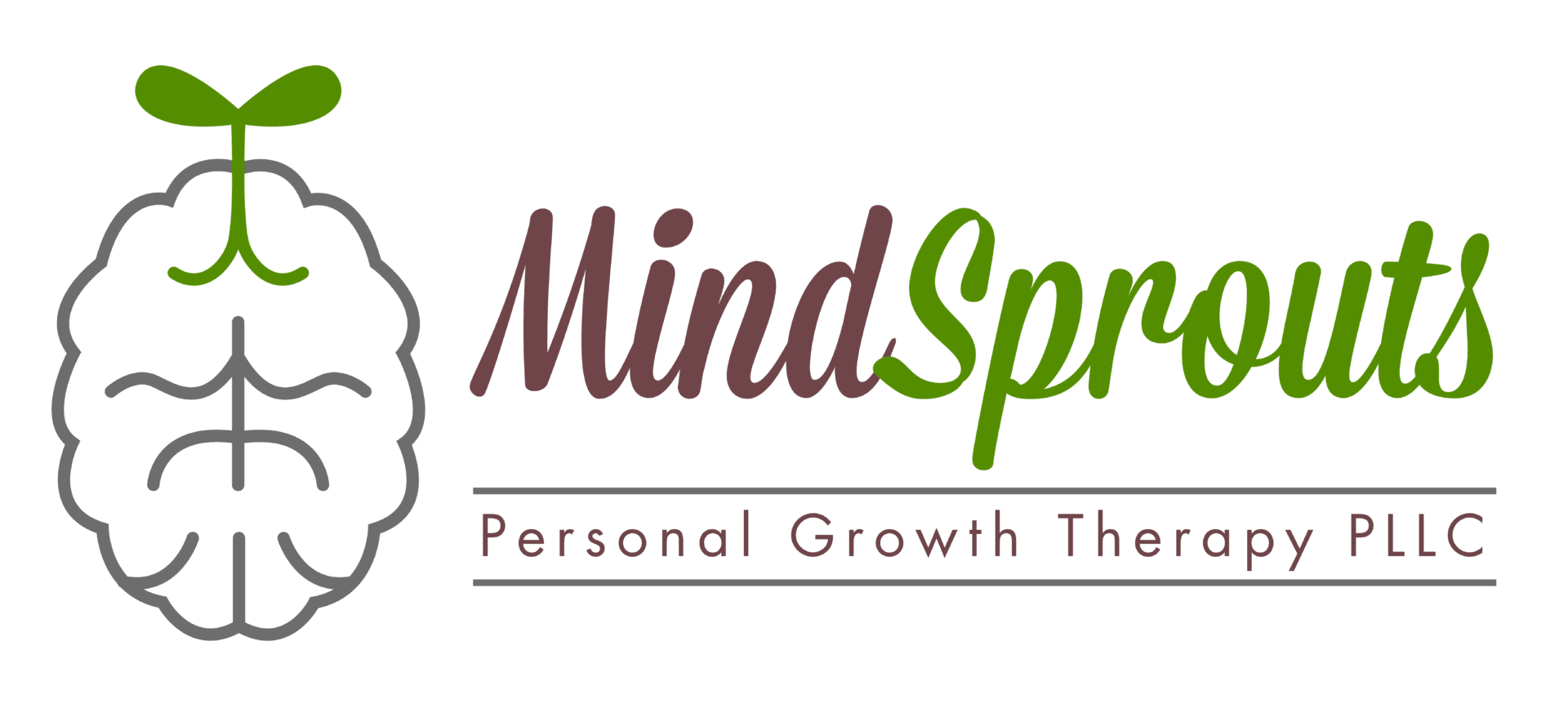If it is time to part ways, it is better to learn that now than remain in a relationship that is harming one or both of you. If there is a decision to part ways, I can help you and your partner dissolve your relationship amicably, which can be particularly helpful if you share children, live together, or have joined finances. Going through the counseling process can help you work through disagreements, which may allow you to separate or divorce with less reliance on attorneys to resolve conflicts. That said, you and your partner might discover that you both really want your relationship to work and that there is more that connects than separates you. If that’s the case, I can help you develop effective ways to communicate so you can strengthen your relationship to increase trust, intimacy, and c
Couples Counseling
Are You And Your Partner Struggling To Communicate And Connect?

© Jessica Siciliano Designs
Are you and your partner struggling with one or multiple issues, such as intimacy, finances, parenting styles, values, or family concerns? Are you arguing frequently, but never arriving at any sort of effective or sustainable resolution? Perhaps an affair, addiction, trauma, loss, or major life transition is causing one or both of you stress and pain, and you’re struggling to understand and/or support each other. Or maybe careers and/or children are taking up the time you once reserved for each other, and you now feel more like roommates than lovers or even friends. Do you often feel lonely, undervalued, or uncertain about the state of your relationship? Does it feel like your partner cannot hear you, refuses to understand you, or no longer cares about your needs? Do you wish you felt valued and appreciated by your partner—truly loved and accepted for all that you are and do?
Struggling in romantic relationships can be a stressful, confusing, and unsettling experience. Whether due to a breach in trust, a difference in core values, or the disconnection that can build over time, you may often feel like you’re walking on eggshells to avoid conflict or banging your head against a wall in an attempt to be heard and understood. Maybe you desperately want to be cared for and appreciated for who you are, but feel that nothing you do adequately fixes the problems. You may have begun harboring resentment, anger, and hurt. Or perhaps you’re avoiding certain important conversations or your partner to prevent arguments that feel invalidating and pointless. You may love your partner, but have begun to wonder if you’d both be happier apart. Underneath it all, do you wish that you and your partner could reignite the spark that brought you together and start working as a team again?
Almost All Couples Bump Up Against Challenges
If you’re struggling in your relationship, you are not alone. Whether you’re married, partnered, or dating, all couples experience challenges at some point that cause them to question the vitality of their relationship. Regardless of sexual orientation, it’s hard to be in intimate relationships, and it’s normal to experience conflict. So many of us enter into partnerships with various expectations, and we become disappointed or even angry when they are unmet. The media also perpetuates unrealistic ideals concerning relationships, creating happily-ever-after myths that rarely hold up in real life. Once the honeymoon stage of a relationship wears off and the reality of work, kids, daily responsibilities, and our true selves set in, conflict is ripe to arise.
Traumas, addictions, losses, and transitions also impact how we engage with our partners. Many of us didn’t grow up with parents or caregivers modeling healthy relationships and communication skills. Furthermore, if you or your partner experienced trauma through abuse or neglect as a child, you may have issues with trust and intimacy or act out in destructive ways when certain triggers or stressors arise. You both may have theories about what a relationship should be like, and when challenged by the reality of your experience, your beliefs about relationships may cause disappointment, grief, disconnection, and anger.
The good news is that there is help and hope to strengthen the connection and communication in your relationship. With the guidance and support of an experienced and compassionate couples therapist, you and your partner can work through specific issues and triggers. Typically, you can strengthen the foundation of your relationship.
Couples Counseling Can Provide You With Skills, Support, And A Safe Space To Reconnect
If both you and your partner are willing to work on your relationship and engage in an exploration of yourselves and your relationship, anything is possible. With commitment, motivation, and a little support and guidance, you can change your shared dynamic, strengthen your bond, and deepen emotional intimacy.
In safe, nonjudgmental, and guided couples therapy sessions, you and your partner can work on skills to enhance your relationship, fortify certain areas, and work through specific issues. After gathering personal and relationship history in initial sessions, we’ll work collaboratively, in the moment, to identify and address concerns and patterns of engagement. I can also help you each build greater personal awareness. Once you begin to understand how you’re each showing up in the relationship and how that impacts your partner, you can begin creating balance in the relationship by catching and stopping yourself in harmful moments. You both can develop empathy for each other’s experience. You can also examine and redefine boundaries; set priorities; manage everyday stressors; develop tools to solve problems together; improve communication skills; and learn how to agree to disagree at times.
I’ll guide when I need to, especially in the beginning, but the idea behind our work together is that you and your partner will build skills and develop the insight and connection needed to effectively solve problems on your own as a team. Once you each better understand your blind spots and decide what works for you as individuals and as a couple, you can create a system of communication and a style of connection that meets both your needs.
By using various couple’s counseling theories, I have been helping couples identify their strengths, work through challenges, and reconnect with what initially drew them together. Whether you’re looking for marriage counseling, LGBT couples counseling, or general couples therapy, I can help. With a demonstrated willingness to engage in the therapy process, you and your partner can realize that you probably share many of the same goals and care about the vitality of your relationship. It is possible to strengthen the bond you share, communicate effectively, and come out of therapy stronger than ever.
You still may have questions or concerns about couples counseling…
My partner is reluctant to attend couples therapy with me.
In all honesty, couples counseling is most effective when both partners are willing and present. That said, when one person in a relationship engages in therapy and makes changes in personal behavior, those changes affect the other. While you cannot force your partner to attend or change him or her, by focusing on relationship issues on your own, you may be able to create a different dynamic in your relationship. Furthermore, when one partner attends therapy and makes positive changes, the other is more likely to become interested in the idea of therapy too.
I’m worried that you’ll take my partner’s side in sessions, and that I’ll feel even more like the bad person in our relationship.
As a couples therapist, I maintain neutrality during sessions. You co-created your relationship, and relationship issues are rarely one-sided. You both have opportunities to make changes in your relationship and grow as individuals during the therapy process. My role is to offer support, serve as an impartial and nonjudgmental guide, and help you face your relationship challenges.
What if we learn that our relationship really is beyond repair?
You Can Strengthen Your Relationship
You can create a nourishing, meaningful relationship. I invite you to send my office a message through the Contact form. I can answer questions you have about couples counseling and my practice.



